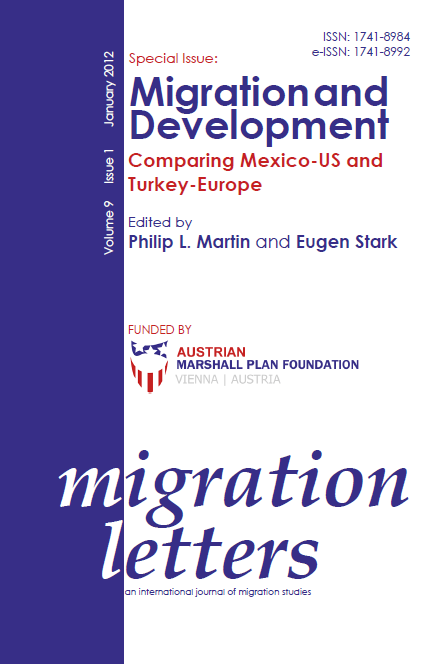Macro-environmental factors affecting integration: Turks in Germany and the Netherlands
Macro-environmental factors affecting integration: Turks in Germany and the Netherlands
Author(s): Gonul TolSubject(s): Law, Constitution, Jurisprudence, Migration Studies, Inter-Ethnic Relations, Ethnic Minorities Studies
Published by: Transnational Press London
Keywords: Immigration; Turkish immigrants in Europe; naturalization laws;
Summary/Abstract: This study examines the causal factors to explain the different integration pat-terns of the Turkish community in the Netherlands and Germany. The Dutch and German Turkish communities offer an excellent opportunity for compara-tive analysis of integration, since they share many socio-cultural characteristics but differ in their level of integration. It suggests that the Turkish immigrants in the Netherlands are more integrated into the host society than their coun-terparts in Germany due to the difference in “macro-environmental factors” such as the political-legal framework and economic factors in these countries. These factors can stimulate or constrain the integration of ethnic groups. While anti-ethnic legislation, unfavourable immigration policies and discrimi-nation in the labour market discourage integration, anti-discrimination laws and easy naturalization promote integration of immigrant communities into host societies.
Journal: Migration Letters
- Issue Year: 9/2012
- Issue No: 1
- Page Range: 25-32
- Page Count: 8
- Language: English

